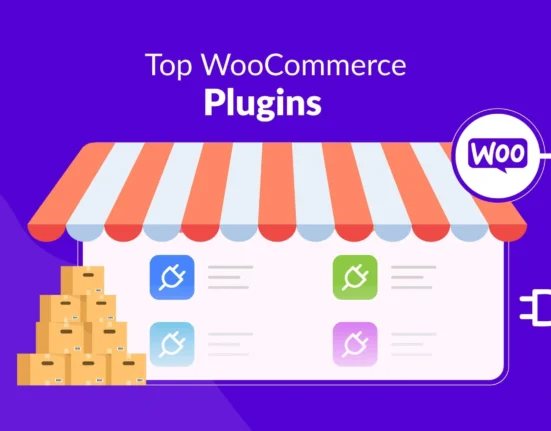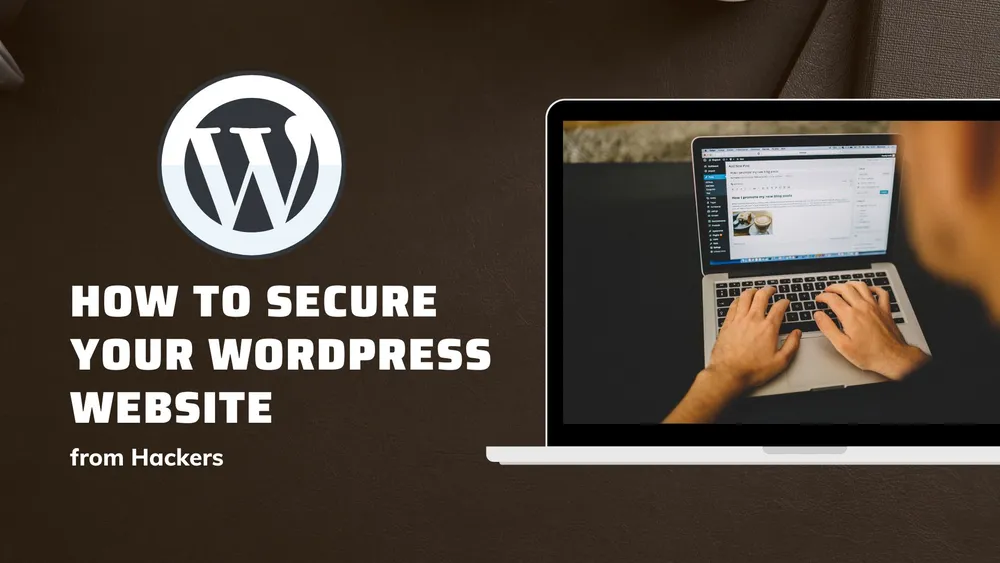The achievement of numerous sites is controlled by not just the items offered and how well the site is showcased, yet in addition by the highlights, the site offers both the client and the site proprietor. As an entrepreneur, it is significant that you have the instruments to deal with your site and that the regulatory highlights fit with your business forms. For instance, in the event that you offer installment terms to your client, you’ll be certain the stage you’re utilizing enables you to set a credit limit for a client. Before jumping into an eCommerce venture, ponder the highlights required, or you’ll be thinking twice about it later!
Common eCommerce Website Design features
A bunch of eCommerce features is available online. But the most common features that should be followed by renowned eCommerce sites are-
- Fast and smart content management system. WordPress is currently on top of all CMS. Joomla can be used for skilled coders and more descriptive than WordPress. However, Shopify and drupal are user-friendly with nice features.
- Promotion and discount code tools are essential for any eCommerce site. Promotion codes or most commonly promo codes need to be shuffle occasionally. Similarly, when clients purchase high-valued products or more products; discount offers can be applied for customer satisfaction and affordability.
- The checkout process must be easier enough for customer convenience.
- All eCommerce sites need to be optimized by local SEO experts if the site introduces a local online shop. For worldwide business, renowned SEO experts are required to optimize. Click to see the best SEO marketer
- Reporting tools and integrated blog section can be applied to eCommerce sites for customer suggestions or reporting.
- Email marketing is a good technique to enhance local business. Corporate emails can be used to do so.
- Multiple payment options are mandatory for any eCommerce website design. A designer must have to know the mechanism. Not all customers use credit cards or PayPal. A large number of people feel cozy in a ‘cash on delivery’ system.
- Occasionally the website platform needs to be scaled. Product updates and fast responsive sites get more positive reviews from customers.
Must Needed Ecommerce Features
Furthermore, the eCommerce website design must need some steps that cannot be neglected anymore. Without applying these, any eCommerce website design would be ruined and loss of profit.
- The navigation process must be streamlined. People or customer is busy enough in real life and needs quick surfing. Scattered elements on a website are bothering. Each element should be scaled carefully with proper navigation techniques.
- Live chat is an unavoidable issue. Every eCommerce website designer should keep an eye on it. Research says, 78% of customers feel serene in a live chat on eCommerce websites.
- Clear and high-quality images are compulsory for any eCommerce website. It is strongly suggested to provide high-quality and numbers of product images.
- The checkout process must be safe and easier. It is smarter to design the same page navigation while checkout.
- Customer reviews are the prize for a business. Henceforth it is recommended to apply on eCommerce websites.
Best eCommerce website design platforms
Okay, since you have a superior thought of what to search for in an eCommerce stage, it’s an ideal opportunity to discuss what’s out there. In the accompanying, we will go over the focal points and burdens of probably the most well-known eCommerce stages accessible, their valuing structure and who they are generally appropriate for.
- Wix: Best for beginners with no coding features, large theme bank, enough template, cost-effective hosting, fully-featured shopping cart. Despite many privileges, Wix has some limitations. Being smart for a basic beginner, Wix does not allow users to change templates when launched a site. It is good for an interrupted eCommerce site but not good for heavy eCommerce sites.
- Sitebuilder: Similar to Wix, Sitebuilder is the best for beginner, no doubt. Drag-n-drop interface, SEO, domain, hosting, analytic tools, friendly support, and low cost make this platform fabulous and extraordinary. But it has fewer templates and lesser add-ons that counted as a drawback of this platform.
- Bigcommerce: Likewise Shopify, Bigcommerce is good for store management, a large number of tools, flexible shopping options, and customizable APIs. Bigcommerce is integrated with Amazon, social media and eBay. However, it has some deficiencies like fewer templates, expensive premium themes, etc.
- Shopify: A large platform for eCommerce websites that are used by numerous renowned sites on the internet. Shopify is easy to set up, SEO included exquisite themes, super navigation, handy payment method feature. Albeit Shopify allows purchasable plugins, own markup language, hard to code and costly.
- Squarespace: Good for beginners, simple and intuitive, artistic templates, mobile responsive, high-quality images and cost-effective. Besides, it has some restricted features and customizable code for skilled persons only.
- Magneto: This site is integrated with WordPress and Woocommerce. Lots of control mechanisms, prominent themes, multilingual attributes, and available plug-ins make this platform fantastic. But it needs high-level coding while changing of themes and huge cost for express users.
- Zen cart: Zencart is a customizable platform with fabulous extensions, built-in SEO tools, much secure, scalable options and totally free of cost. As this is a free platform and a few people use it, developers did not emphasize its design or decoration. It has outdated UI and lesser intuition.
Conclusion
Independent eCommerce stages can be an incredible answer for beginning an online shop. They offer all the essential highlights and concentrated usefulness to make selling on the web a triumph.
However, picking the best eCommerce stage isn’t a simple undertaking. There are essentially an excessive number of elements to consider and numerous ideas available. By knowing in advance what your needs and prerequisites are, you make it more probable you will locate a solid match from the best 3 above. We’re prescribing Wix, SiteBuilder, BigCommerce, and Shopify.
Ideally, this guide has helped you with your choice. On the off chance that it has, what about rebate code for your recently opened shop? No stress, however.






